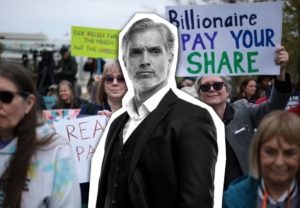As capital deployments by the biggest U.S. banks come into focus in the next days, Wells Fargo & Co., Goldman Sachs Group Inc., and Bank of New York Mellon Corp. are at the top of the list of 20 institutions anticipated to increase their dividends in the upcoming quarter.
On Friday, the Federal Reserve will reveal the findings of its yearly stress tests for major American banks.
To ensure that banks have adequate capital to weather fictitious recessions, these are simulations of earnings or losses under challenging economic conditions.
Banks will have more time to announce dividend increases and stock buyback plans once the Fed has completed its work. Both actions have the potential to increase share prices.
MarketWatch graded the dividend estimates made by Wall Street experts, which already factored in these assumptions.
Among the top 20 U.S. banks by total assets, Wells Fargo (WFC) is expected to increase its dividend by 11.3% in the third quarter, according to analyst consensus estimates surveyed by FactSet. With an anticipated 8.5% increase, Goldman Sachs Group (GS) comes in second, followed by Bank of New York Mellon Corp. (BK), which is predicted to see a 7.9% dividend increase.
Future dividend payments may be influenced by additional factors that are emerging, particularly in the regulatory arena.
The U.S. Federal Reserve’s decision to loosen its leverage restrictions this week could potentially free up capital when the guidelines take effect following a public hearing. Long-term demand for US Treasury securities is also anticipated to increase as a result of the move.
The proposed cut, according to KBW analysts on Thursday, may help Goldman Sachs and Morgan Stanley’s (MS) prime brokerage businesses, which have been “modestly constrained by the supplement leverage ratio rules.”
Additionally, analysts at Jefferies Financial Group Inc. (JEF) predict that the deal environment for investment banking would improve in the second half of this year, notwithstanding economic worries and stock-market volatility surrounding tariffs.
According to a prepared statement from President Brian Friedman and Chief Executive Richard Handler of Jefferies, “The global economy continues to show remarkable resilience in the face of incredibly significant crosscurrents, even though nothing is certain.” “We are increasingly optimistic about the second half of 2025.”
Apple Inc. (AAPL) and Bank of New York Mellon were tied with a 35% share count drop, according to a recent 10-year retrospective of corporate buybacks and share-count reductions for the S&P 500 SPX. All other factors being equal, a company’s earnings per share rise by 54% when its share count is reduced by that amount. That article explains the math.





